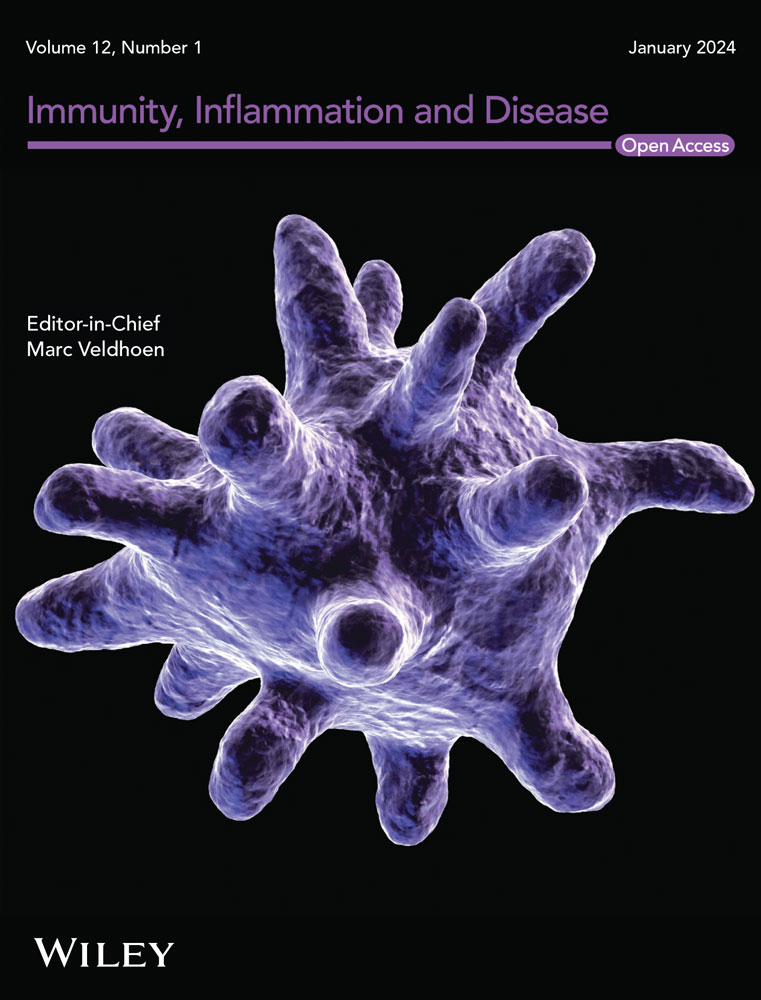CAR-NK, a Splendid Strategy for Cancer, Especially for Gynecologic Tumor
Abstract
Background
NK cells are a class of innate lymphocytes capable of nonspecifically killing tumor cells without MHC restriction or prior sensitization. Recent advancements in biotechnology, particularly the development of chimeric antigen receptors (CAR) and related technologies, have enabled targeted tumor cell elimination. CAR endows NK cells with enhanced functionality, with the extracellular domains typically consisting of single-chain variable fragments (scFv) for targeting specific antigens. CAR-NK cells have shown excellent results in several preclinical studies and clinical trials for hematologic malignancies. However, their clinical application in the treatment of solid tumors is still insufficient. Current treatments for gynecological cancers primarily involve surgery, chemotherapy, and radiotherapy, all of which often present substantial side effects and variable efficacy. While CAR-T cell therapy has shown effectiveness in certain gynecological tumors, its clinical application is hindered by severe side effects, such as Cytokine Release Syndrome (CRS) and Graft-Versus-Host Disease (GVHD). CAR-NK cell therapy offers improved safety profiles in clinical applications.
Objective
This review aims to systematically evaluate recent methodological innovations in CAR-NK engineering and their translational potential in tumor-targeted treatment, providing valuable insights for clinical trials and studies.
Methods
Electronic databases, including PubMed and Web of Science were searched for relevant literature. Keywords are as follows: CAR-NK cell; Chimeric antigen receptor; Solid tumor; cell therapy; gynecological cancers.
Results
CAR-NK engineering has innovations such as multi-targeted CAR design, gene editing for enhanced persistence, and “off-the-shelf” CAR-NK cells compared to CAR-T cells.
Conclusion
CAR-NK cell therapy combines safety and anti-tumor efficacy, particularly for gynecological cancers.


 求助内容:
求助内容: 应助结果提醒方式:
应助结果提醒方式:


